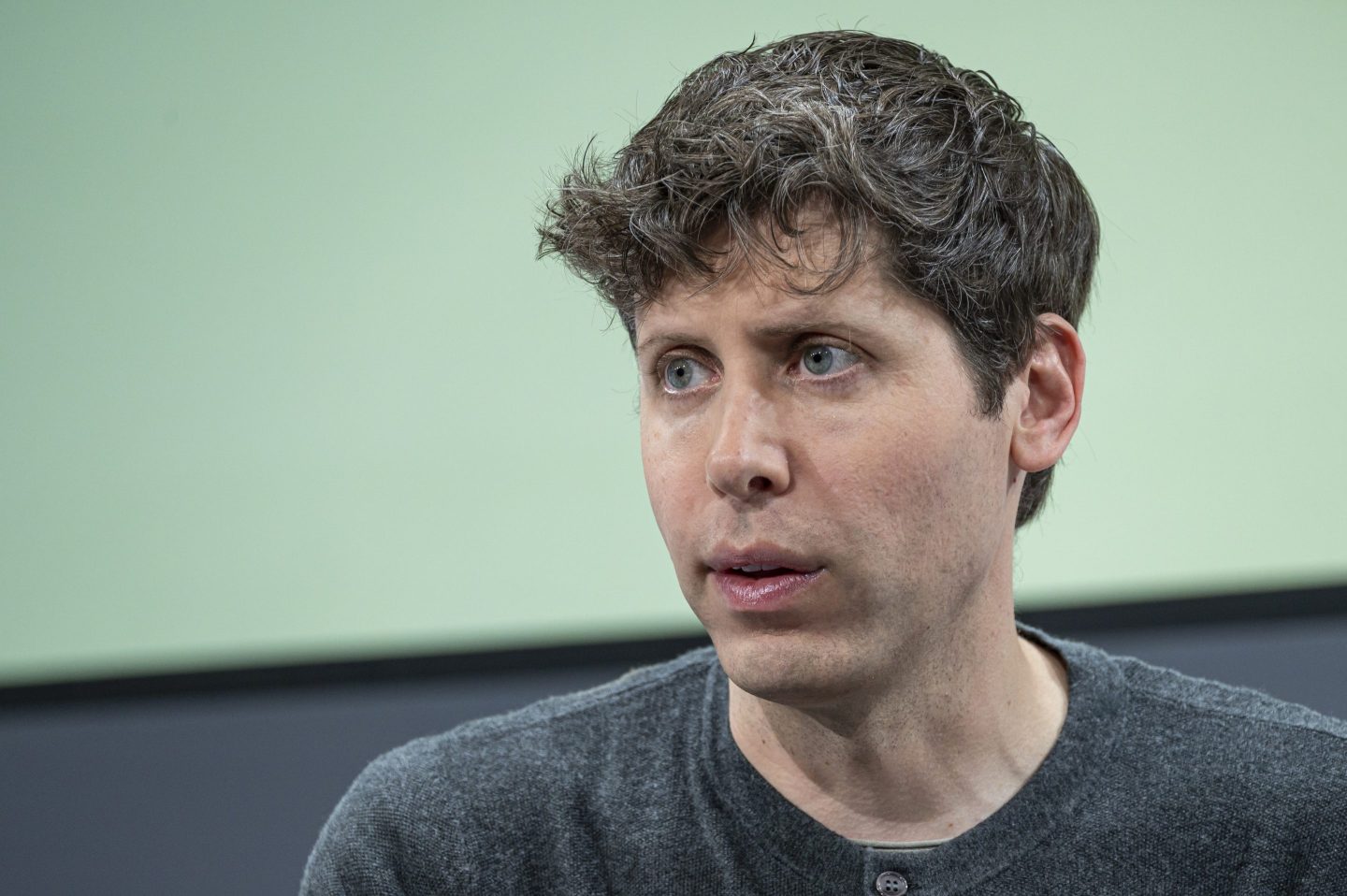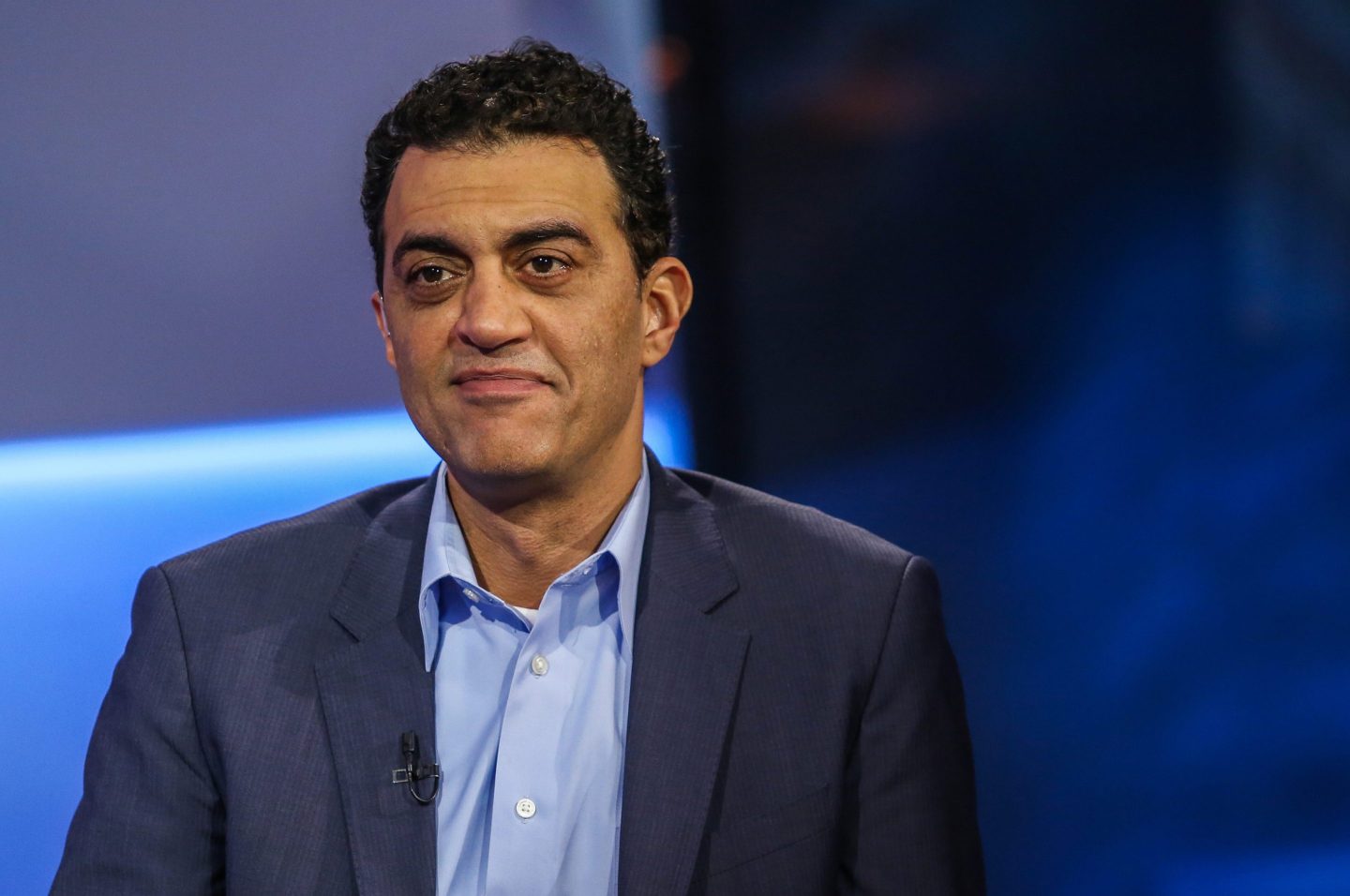OpenAI CEO Sam Altman is undeniably a Silicon Valley insider. In addition to heading the company behind AI chatbots ChatGPT and GPT-4, he also led the startup accelerator Y Combinator.
But while he’s very much a part of Silicon Valley, he’s not satisfied with it.
“I say this realizing it’s going to come across as arrogant, and I don’t mean it that way,” he said during a Wednesday episode of the In Good Company podcast. “There used to be great research that happened in companies in Silicon Valley…There [has] not been for a long time.”
Podcast host Nicolai Tangen, CEO of Norwegian sovereign wealth fund Norges Bank Investment, expressed surprise at this viewpoint.
Altman replied there’s good product innovation in Silicon Valley, but asked rhetorically, “Before OpenAI, what was the last really great scientific breakthrough that came out of a Silicon Valley company?”
As for why the culture behind such breakthroughs had disappeared, he said, “I have spent so much time reflecting on that question. I don’t fully understand it.”
One reason, he suggested, is that technology firms today don’t give their research teams enough freedom. By contrast, at OpenAI, “we set a very high-level vision for the company and what we want to achieve, and beyond that researchers get just a huge amount of freedom,” he said.
The researchers were allowed to explore different directions, he noted. When the most promising one became apparent, OpenAI was able to persuade “almost the entire research brain trust to get behind it,” leading eventually to last year’s release of ChatGPT, which helped spark the current boom in artificial intelligence.
One problem in Silicon Valley, he said, is that “it got so easy to make a super valuable company, and people got so impatient on timelines and return horizons that a lot of the capital went to these things that could just, you know, fairly reliably multiply money in a short period of time…That sucked up a lot of talent, very understandably.”
Most big tech companies, he continued, start as a product company and eventually add “a research lab that doesn’t work very well.” OpenAI, by contrast, started as a research lab.
In March, Altman said he was “seriously questioning” the advice he’d given to startups for years at Y Combinator, noting various ways that OpenAI “went against all of the YC advice.”
He said at a Stripe conference: “It took us four and half years to launch a product. We’re going to be the most capital-intensive startup in Silicon Valley history. We were building a technology without any idea of who our customers were going to be or what they were going to use it for.”
Greg Brockman, OpenAI cofounder and president, has also noted the company’s contrarian approach. “You’re supposed to have a problem to solve, not a technology in search of the solution,” he said on the Possible podcast in March.
Of course, OpenAI has benefited from Microsoft investing billions of dollars into it, a luxury few startups have.
As for the future, Altman told Tangen that he and OpenAI are past the point of thinking there’s a road map to follow: “We’re just doing a bunch of things that are outside of the standard Silicon Valley received wisdom. And so we get to just say, ‘Well, we’re going to figure it out, and we’re going to try things, and if we got it wrong, like, who cares…It’s not like we screwed up something that was already figured out.’”













